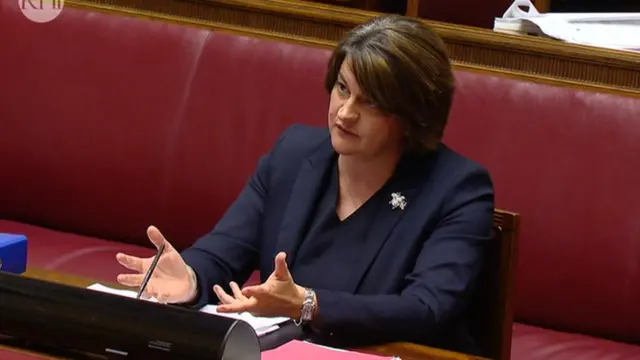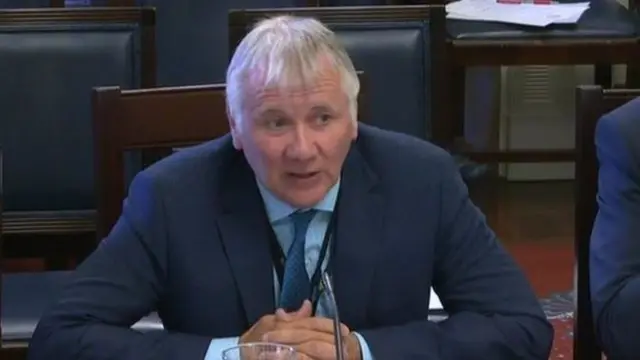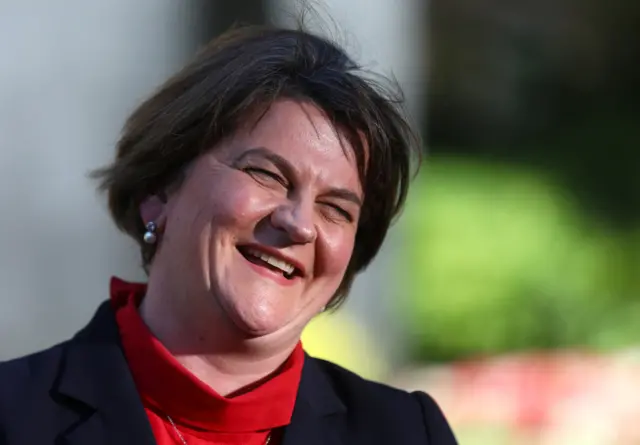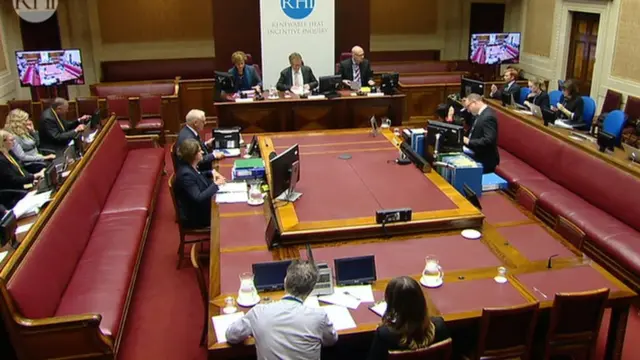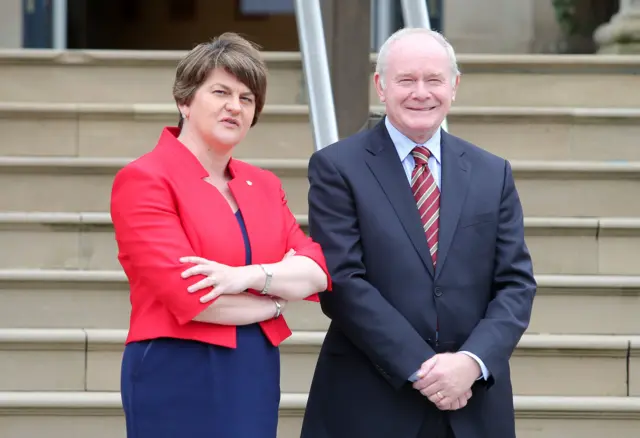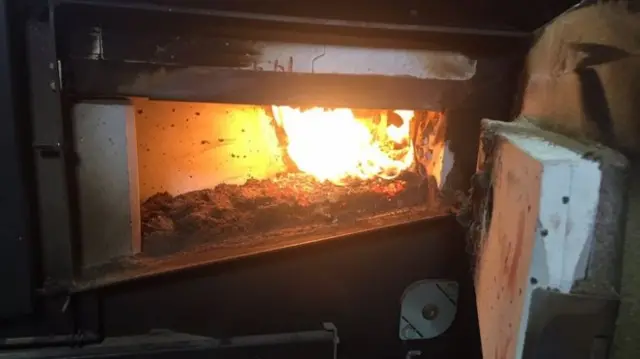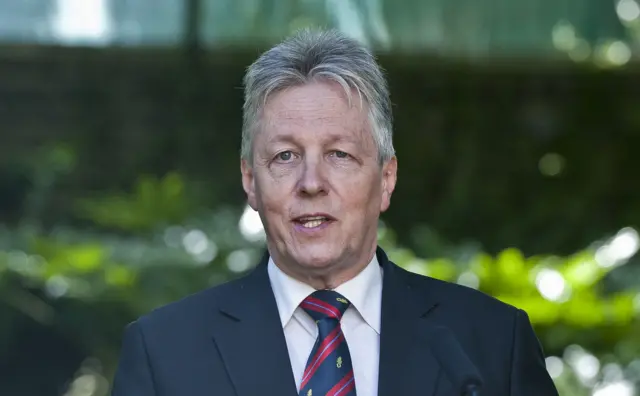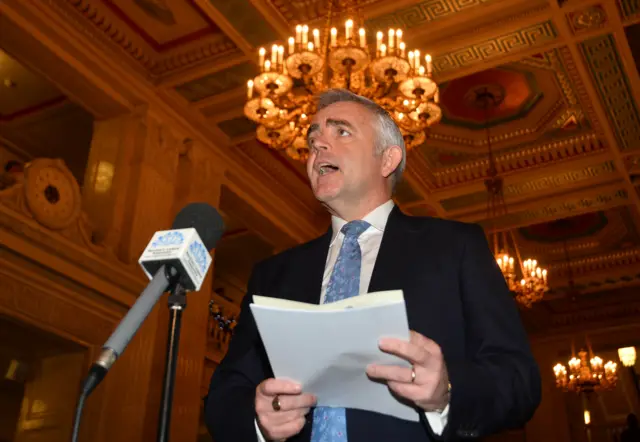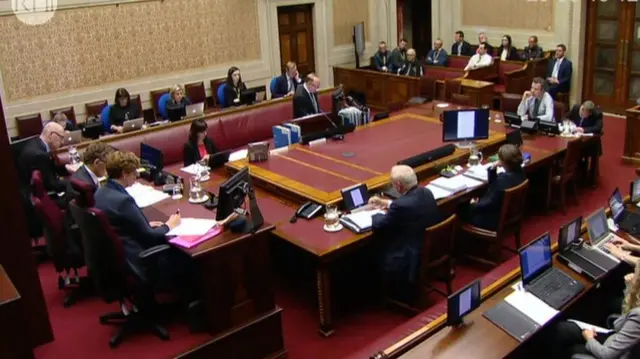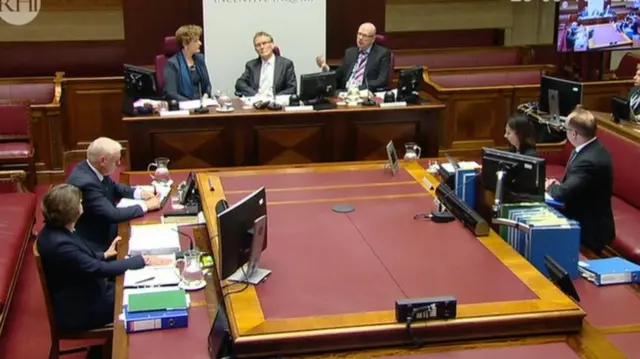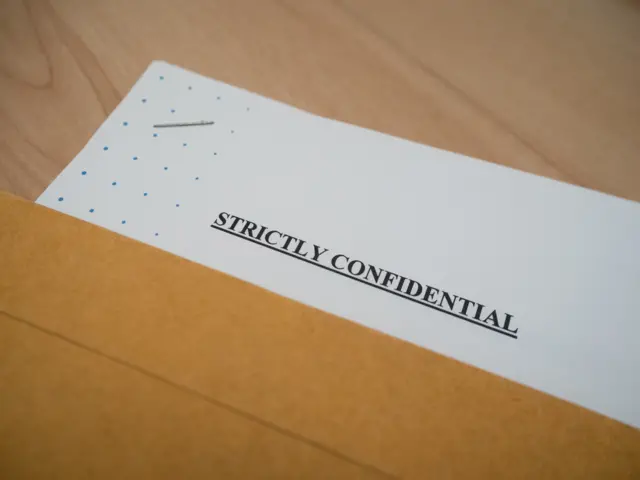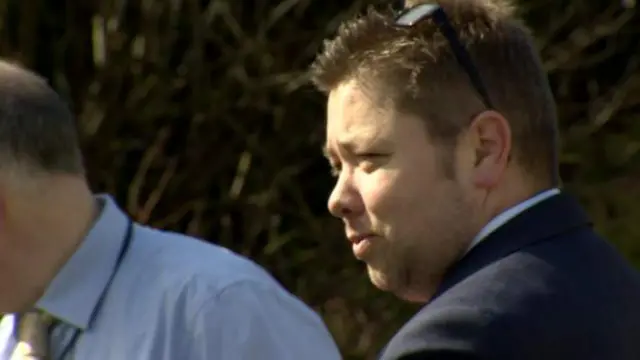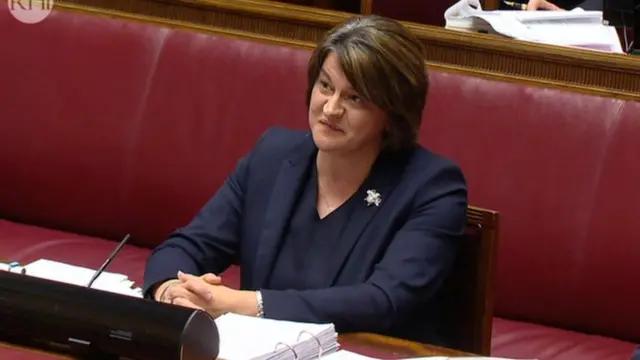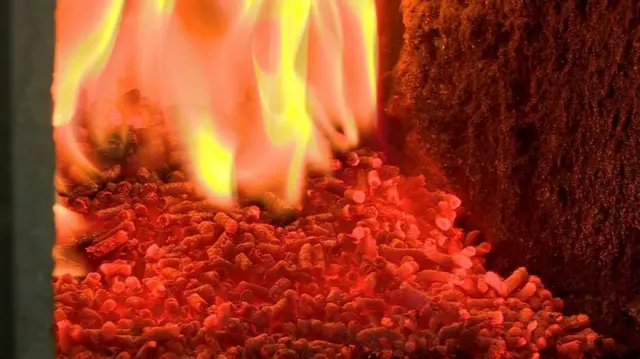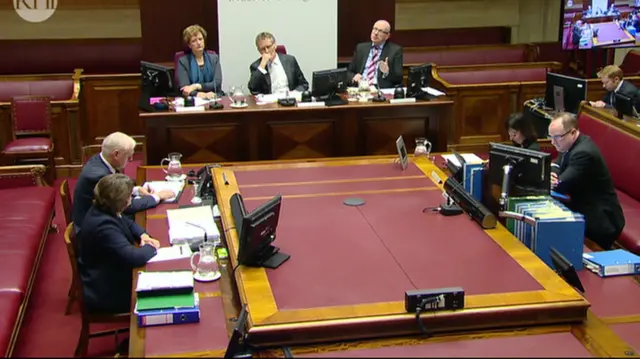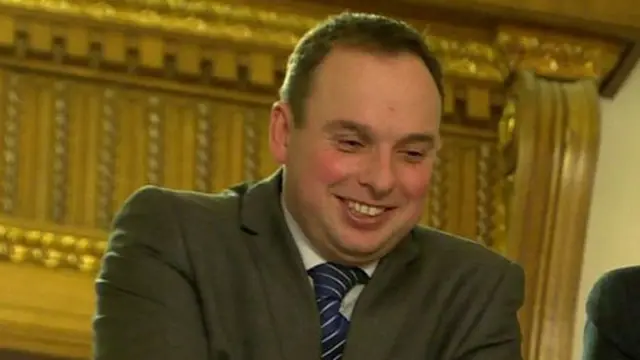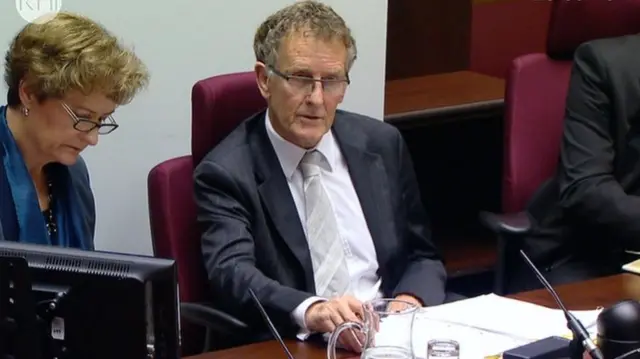'RHI closure should've come to me for approval'published at 15:05 BST 25 September 2018
On 22 January 2016, enterprise minister Jonathan Bell signed off on his approval to close the RHI scheme but that was rescinded about 20 minutes later.
It emerged from Mr Bell's adviser Tim Cairns a few days later that the decision was "in the hands of DUP party officers".
David Scoffield, the inquiry QC, says it appears to have happened because Mr Cairns hadn't received clearance from senior DUP adviser Timothy Johnston.
 Image source, Getty Images
Image source, Getty ImagesArlene Foster says the matter was "cross-cutting and controversial" and should've been referred to the first and deputy first ministers: "It wasn't just the DETI minister who had to be satisfied."
She tells the inquiry that some big decisions required clearance from Stormont's top two ministers and therefore needed to be agreed by both the DUP and Sinn Féin.
Remembering one submission on a tourism strategy, she says Sinn Féin "wouldn't sign it off" because it referred to Northern Ireland, and she adds: "It sat and it never got approved."
